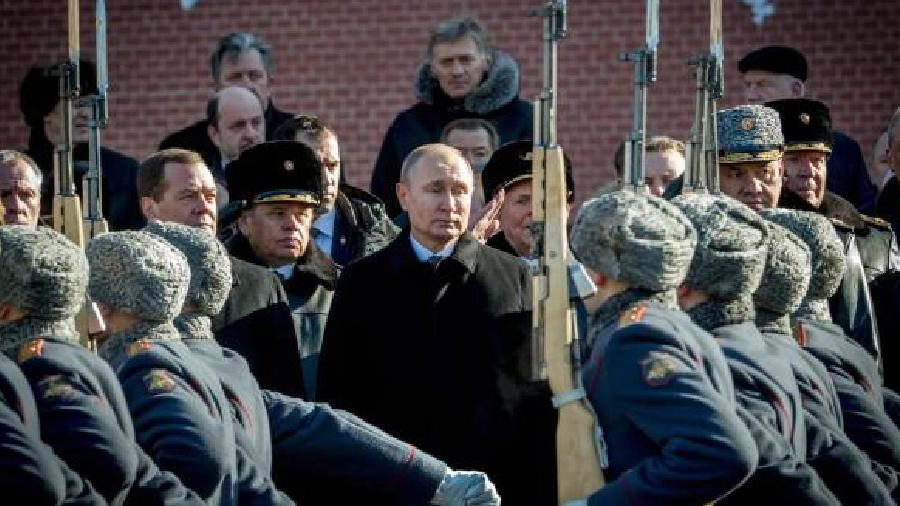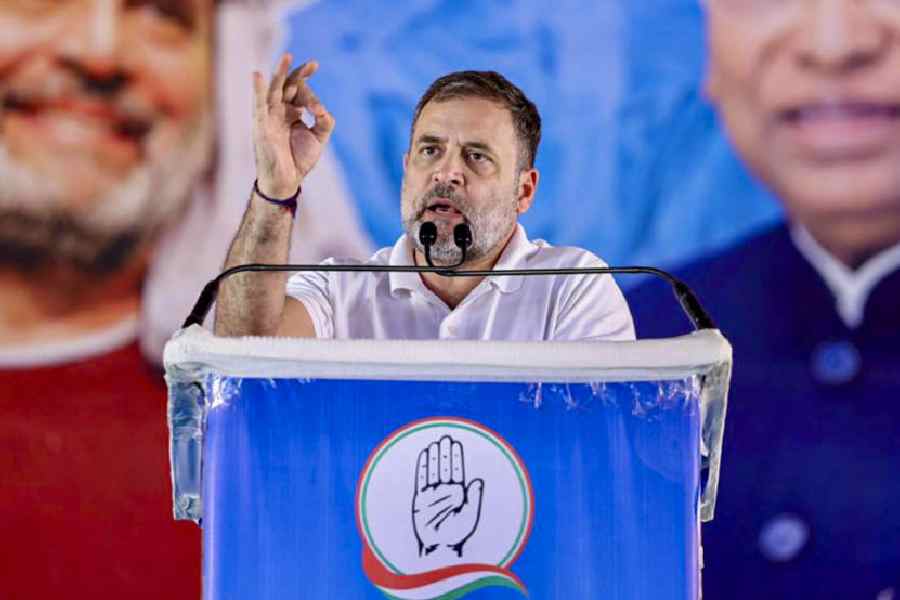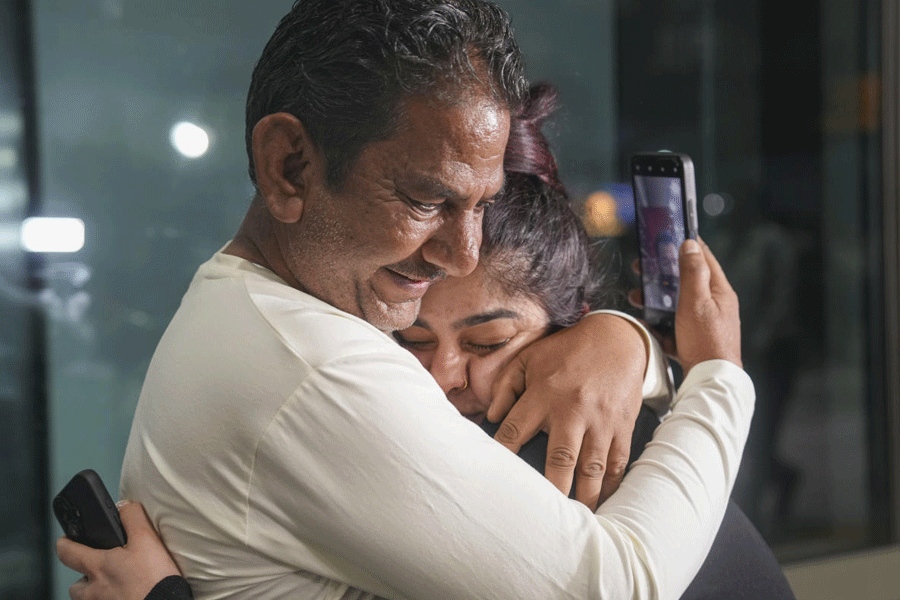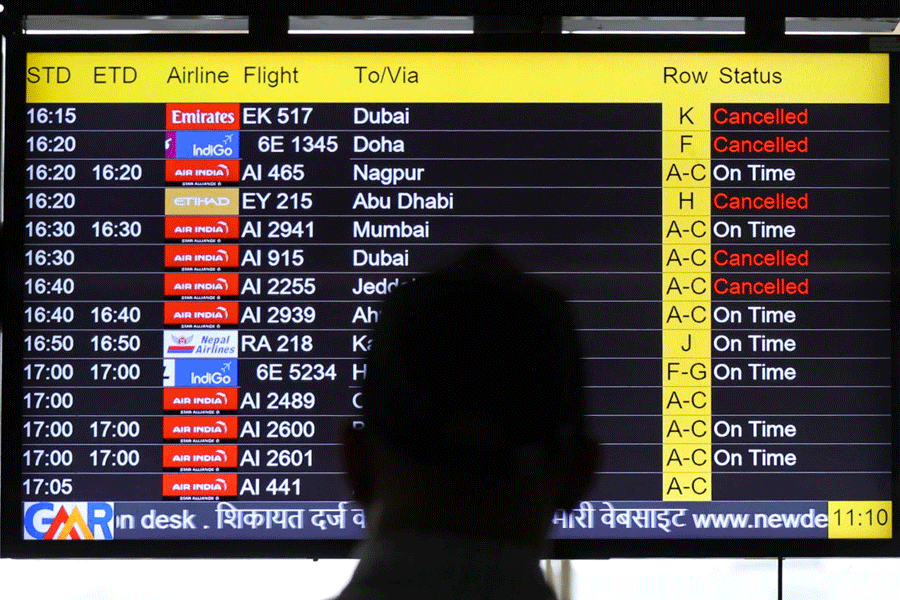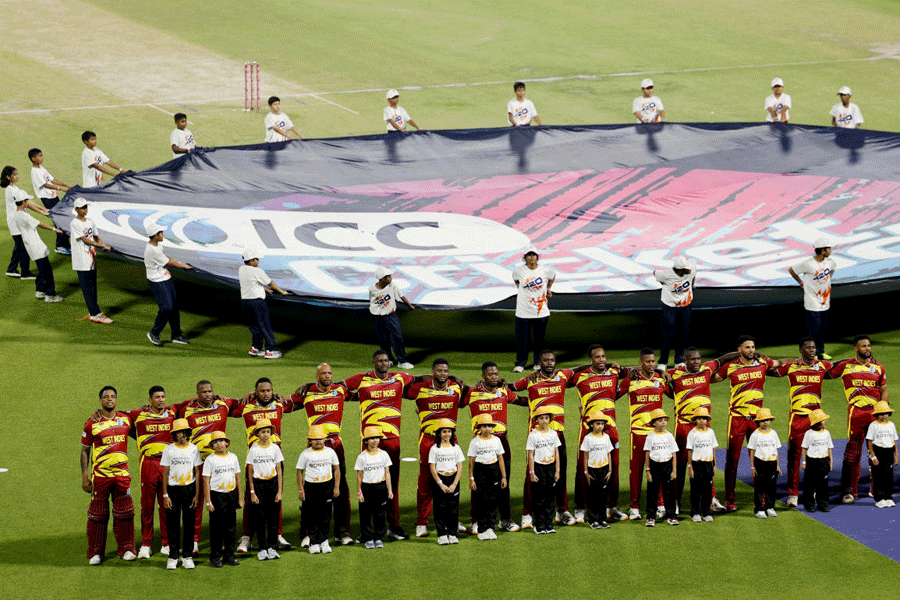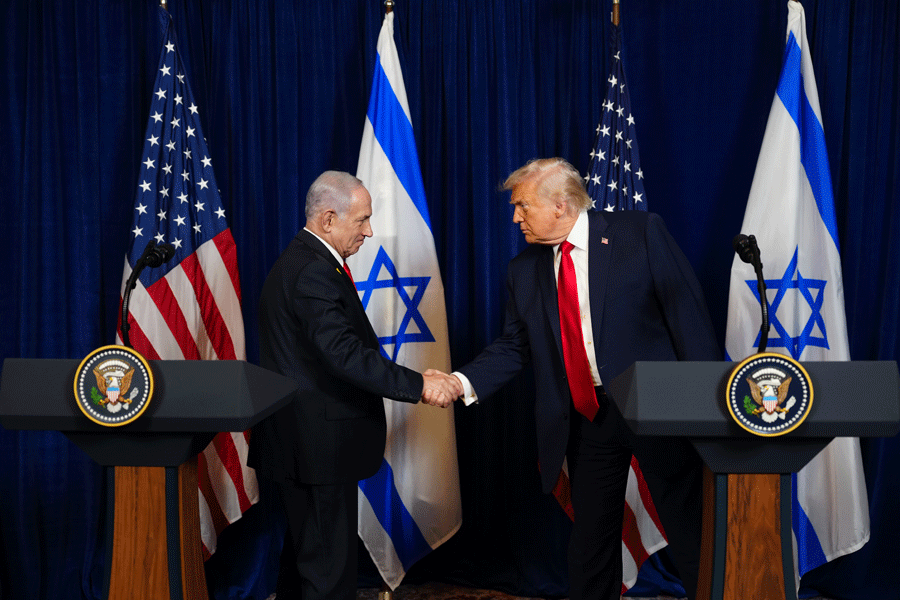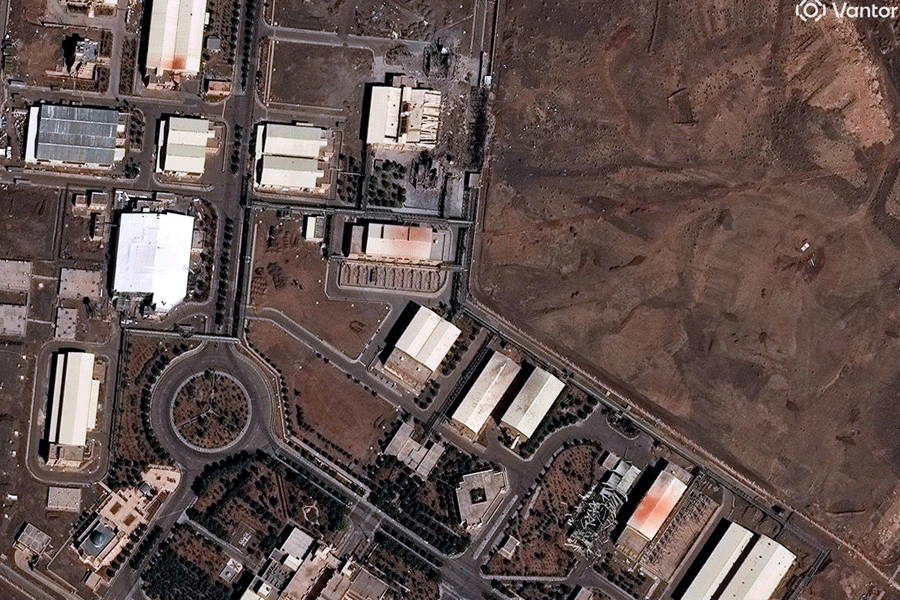Book: Putin's Wars: From Chechnya To Ukraine
Written by: Mark Galeotti
Publisher: Osprey
Price: ₹999
This is a particularly timely book since the war in Ukraine has completed a year. Amidst the discussions and polemical dust about Russian geopolitical insecurities over NATO’s continued expansion into the territories of the former Soviet Union, the elephant in the room has been the lacklustre performance of the Russian military in the Ukraine operation. Russia’s position is that this is not ‘war’ but a special military operation. Discounting a vast Western disinformation campaign, the fact remains that the Russian war machine has underperformed quite drastically. Was this on account of poor material, bad tactics and lack of strategy or longer-term structural factors?
This book takes a deep dive into the evolution of the Russian military after the end of the Soviet Union. After the implosion of the latter, the army faced a faltering economy, damaged supply chains and, most of all, the requirement of a revised military doctrine for a new geopolitical environment. These challenges had to be addressed by its strategic thinkers and military planners. The impact of each of these challenges on actual military performance was “best and bloodily demonstrated in the debacle that was the 1994-96 First Chechen War.” This was the first real test Moscow faced as it sought to keep together a vast and restive country still in shock after the Soviet disintegration. In the campaign to put down the Chechen rebels, “all the inefficiencies, brutality and corruption of the army had been put on public display.” In effect, the Russian army was “outsmarted and outfought, even losing cities to a ramshackle guerilla army.” A political truce was stitched up, but the military was “left at the very lowest ebb of its fortunes and credibility.”
Most of the 1990s was, as Mark Galeotti puts it, “a decade of living dangerously” when “Moscow tried to play the role of a great power, or at least a regional one, while its soldiers were underpaid, underfed, undervalued and undertrained.” The decade ended with the military “scarcely any more reformed — just smaller.” This fragility of the Russian military was accompanied by sweeping technological change in NATO and the US forces characterised by the revolution in military affairs. The wider geopolitics of the time “saw Russia increasingly dissatisfied with how it was being treated and becoming worried that the West was coming to see itself as the global hegemon, banker and policeman, all in one. The expansion of NATO, seen as still an essentially anti-Russian alliance, was a particular bone of contention.”
This decade-long decline, Galeotti writes, set the stage from 2000 for Vladimir Putin’s presidency. Another war in Chechnya that very year was a demonstration that the military had learnt its lessons — in terms of tactics, doctrinal terms and in re-equipping itself. Even more, it consolidated “Putin’s status as a rough, even ruthless defender of Russia’s interests.” How the Russian military sought to reform and strengthen further and the degree of success or otherwise of this endeavour in terms of reorganisation of command structures, material and, finally, military doctrine form the thrust of the book, with the focus on Putin’s long years at the helm. The narrative thread for this is provided by operations subsequent to the second Chechen war — in Georgia, in Syria and in the Crimean Peninsula in Ukraine in 2014. The latter, in particular, “generated a degree of confidence in some Russian government circles that bordered on hubris.”
Galeotti informs us that the manuscript of Putin’s Wars had been completed when the latest conflict in Ukraine began with the Russian operation in February 2022. A final chapter was therefore added to address the issues arising from the Russian invasion — particularly the failure of its military to secure the outcomes desired. His conclusion is that “Until Ukraine, it was easy to take Putin’s Russia at face value, as a militarized society, supporting a confident hard hitting global warfighter of a nation.” But in reality, “the Kremlin let itself be seduced” by this self-image and it also “failed to appreciate how far the old metrics of power — numbers of men, tanks and aircraft” — had changed. Additionally, Putin had been “living inside an information bubble that had been getting smaller and smaller.” A situation like the Ukraine war was predictable.
Putin’s Wars is readable and informative. It would perhaps have benefitted from a comparative perspective on certain counts. Galeotti writes, “Russia is a hybrid state in which the boundaries between public and private are very permeable.” The classic example of this is the Wagner group — the systemic use of mercenaries beginning in Syria and most recently in Ukraine. One could argue that this is a wider phenomenon than a Russian innovation and the US Blackwater company comes immediately to mind. Perhaps Putin’s or Russia’s wars mirror the US’s wars in more ways than one through this period — Afghanistan, Iraq, Libya. But that may have to be the subject of another book.

